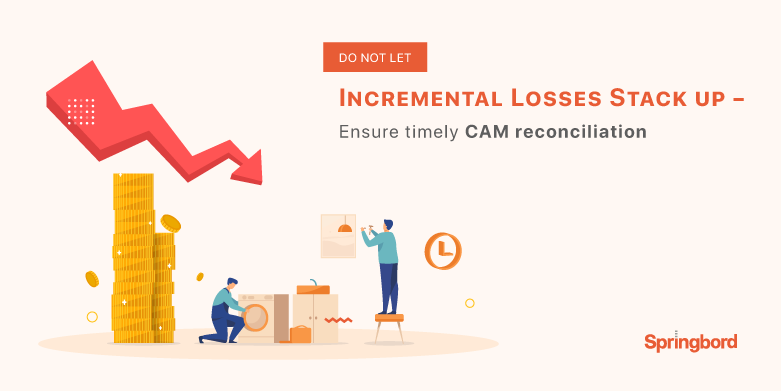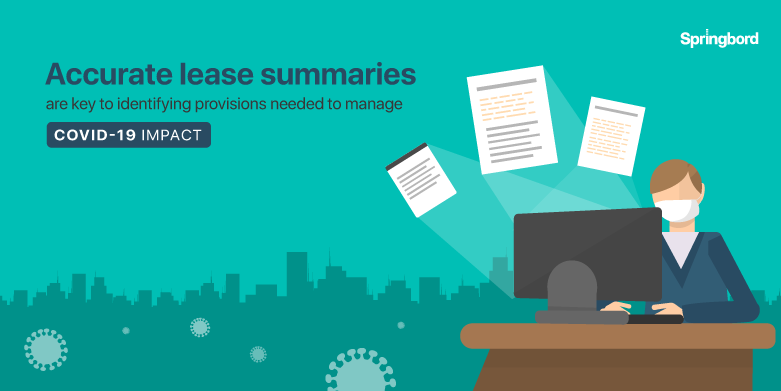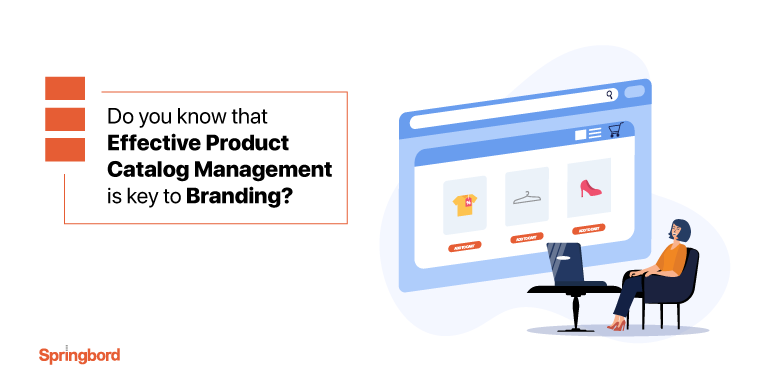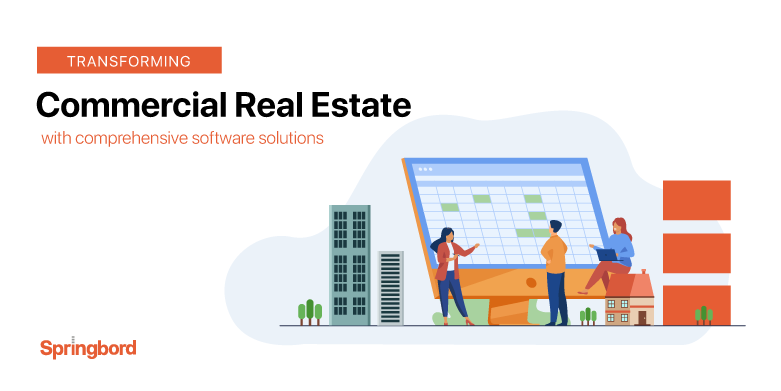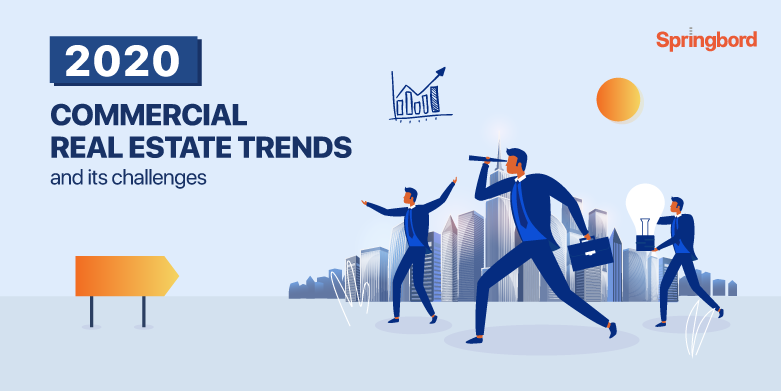M
E
N
U
Common area maintenance (CAM) charges play a key role in managing and maintaining commercial properties. CAM charges are not standardized and vary from one property/landlord/market/location to another. To maintain transparency with tenants these expenses are allocated appropriately and proportionately, and it is therefore important to follow the lease terms and guidelines and ensure accurate calculations
The impact of the COVID-19 pandemic on your commercial real estate business is undeniably unprecedented and significant. Landlords are compelled to revisit their commercial lease to look for provisions that can help them navigate this crisis and defer and abate rent. However, the deluge of information, shifting situation and legal intervention pose massive challenges in
The escalating economic impact of the COVID-19 is being felt far and wide across every industry. And the real estate sector is no exception. In fact, this industry is facing multi-faceted effects based on the region and size and type of the property portfolio. As players worry about maintaining asset value and cash flow they
Lease management and administration can be quite complex and challenging for companies with multiple assets or locations, such as the telecom and retail industry players. In addition to that, the unprecedented data deluge and new and evolved regulatory requirements have further compounded the challenges revolving lease management for these sectors. To ensure efficient operations and
In an increasingly crowded and aggressively competitive eCommerce marketplace, building a strong brand image and trust can help businesses gain an edge over the competition. Brand image/reputation is basically how consumers perceive your brand, your products and services. Creating a credible brand image in not a one-time effort. Your logo and company name are just
The global real estate industry is going strong despite economic uncertainty and transactions have touched USD 1.8 trillion in 2019, according to a KPMG report. In fact, the industry is diversifying its traditional asset class from residential and office spaces to coworking, retail, and housing for seniors, students, etc. This transition is reshaping commercial real
As the real estate industry continues to grow at an unprecedented rate, it is characterized by intense competition. Realtors are vying to grab as much market share as possible. The industry has become so dynamic and explosive that right from architectural designing to marketing, you need to up your game in order to stay ahead
Online marketplace has become the most sought-after space for the ever-growing ecommerce retailers/sellers. They not only get exposure to millions of shoppers but also have an incredible opportunity to boost traffic and drive higher revenues. While, listing products on ecommerce marketplace is a very lucrative business model it does come with its own set back
Greater brand visibility, access to wider audience and ability to reach global markets are some of the key benefits that retailers can gain by selling on ecommerce marketplaces. Amazon, Flipkart (India), and eBay, these marketplaces have achieved incredible success, proving to be one of the most profitable models when it comes to online retailing. However,
The real estate industry is already undergoing a drastic economic, business and social transformation. While most of these trends are already evident, as we kickstart the new year, let’s look at some of the key trends and their implications. Commercial real estate players would not only have broader and newer market opportunities and smarter value


